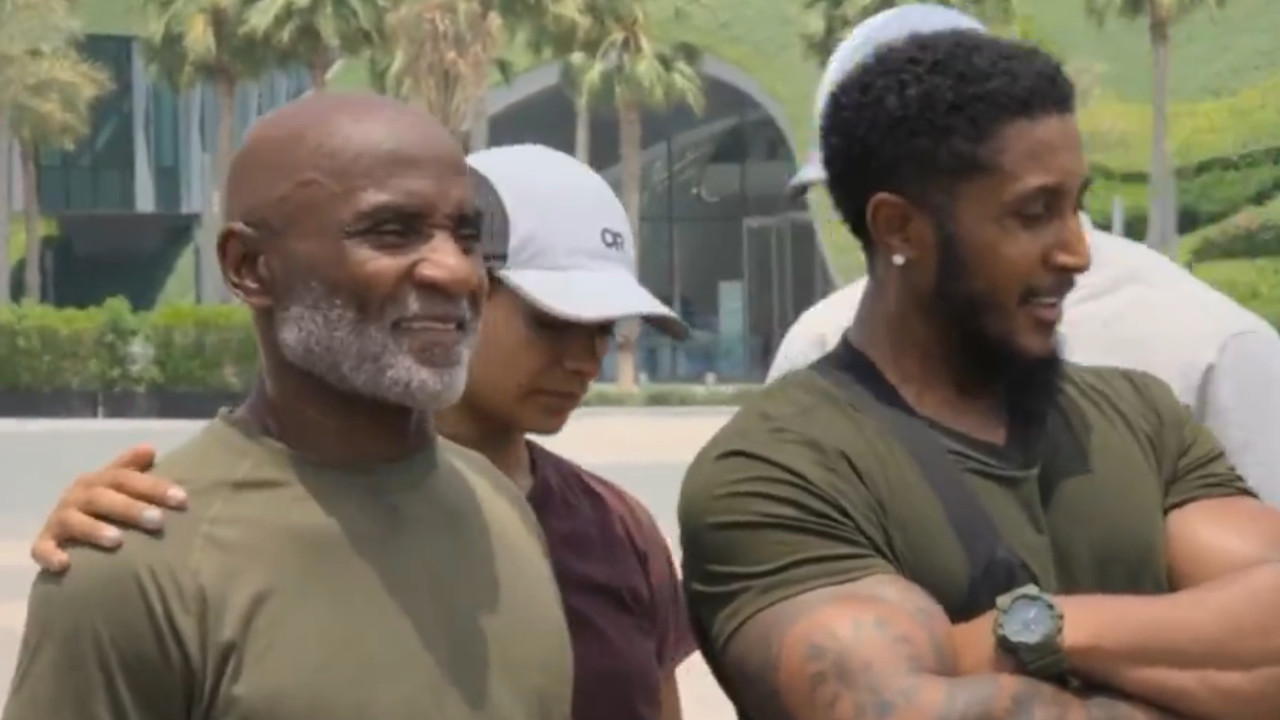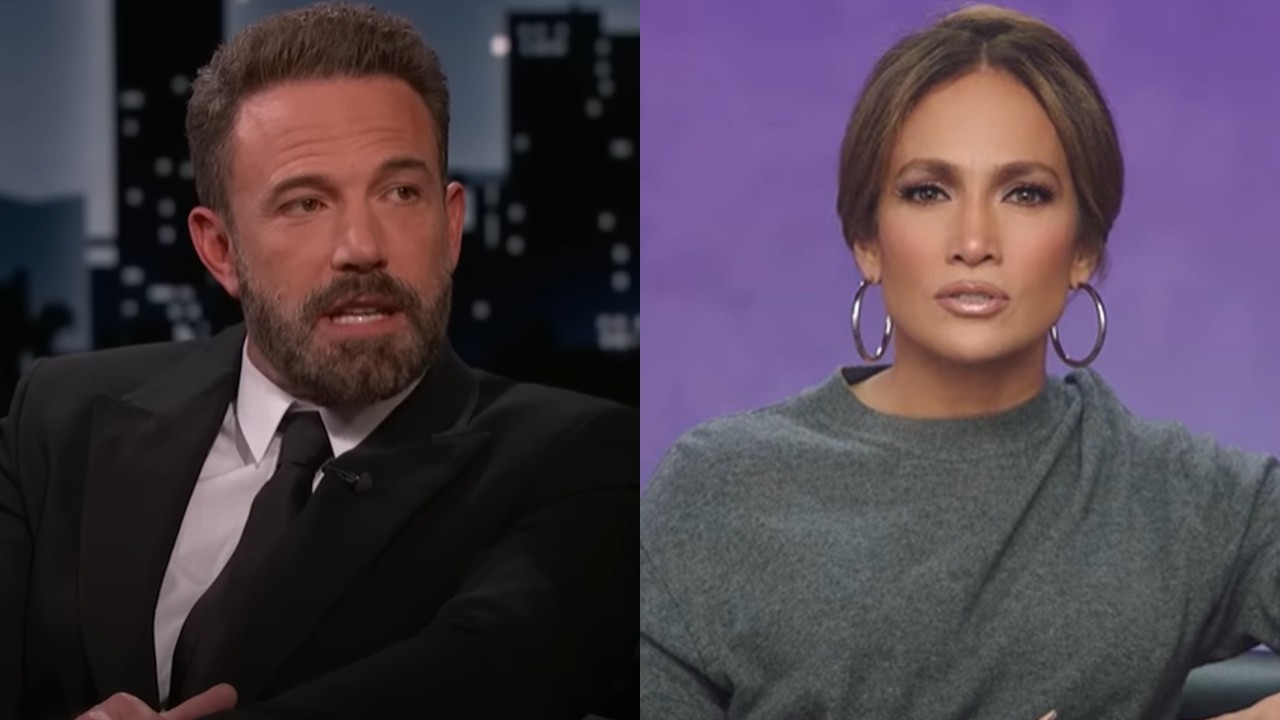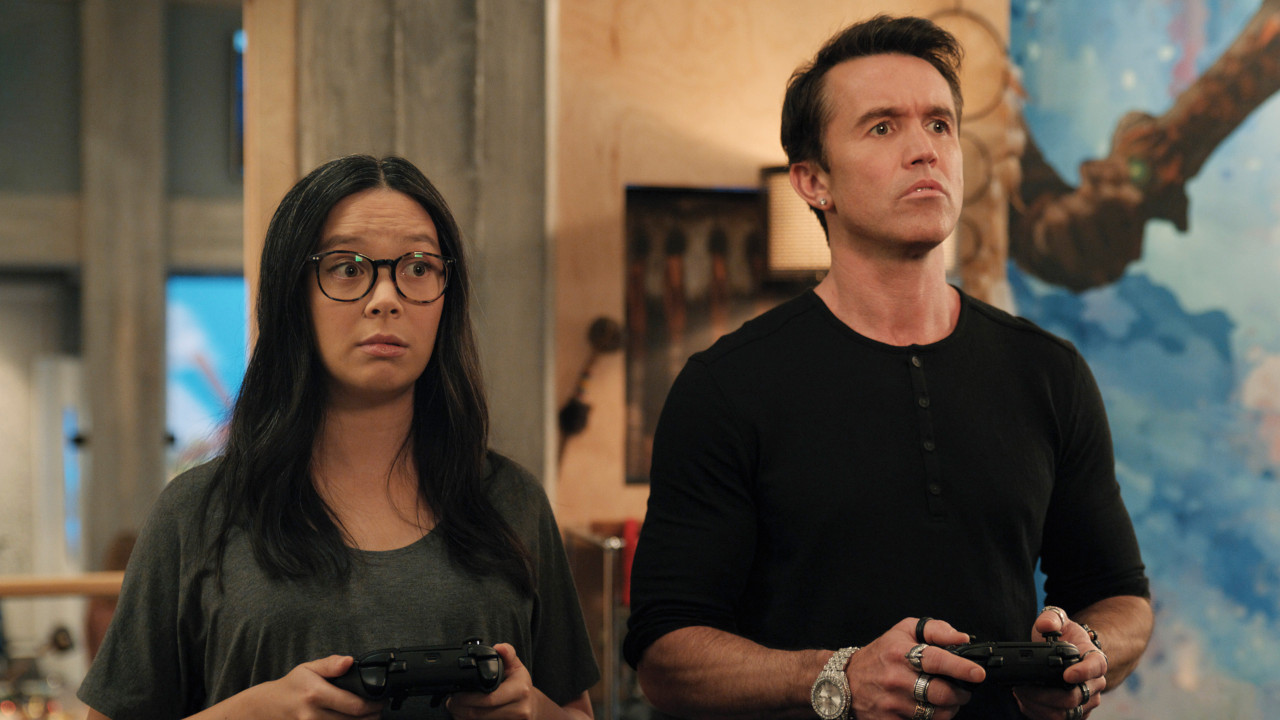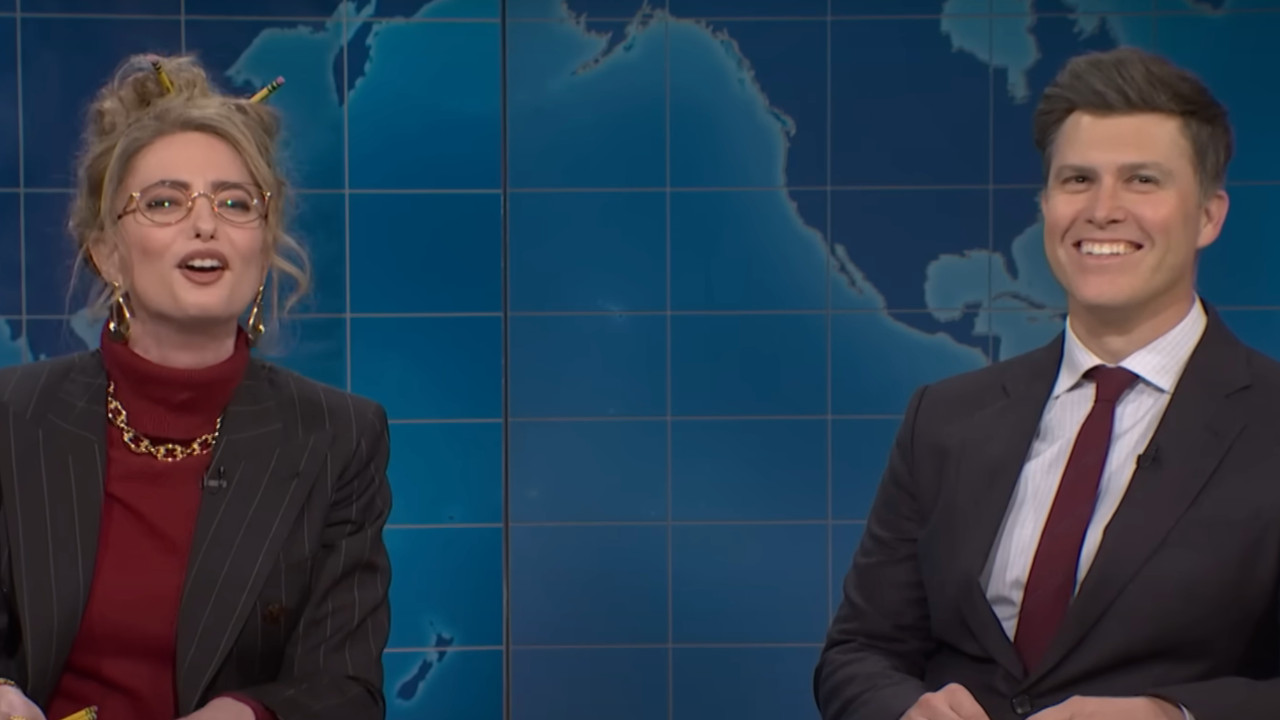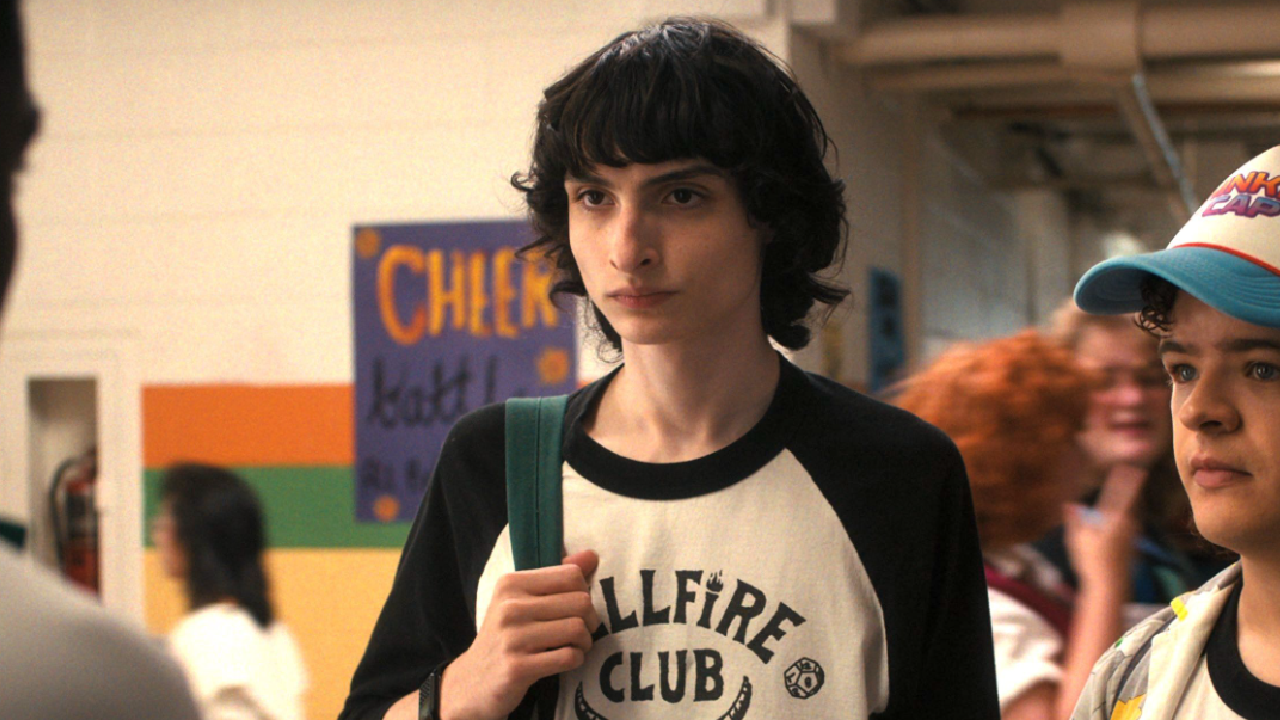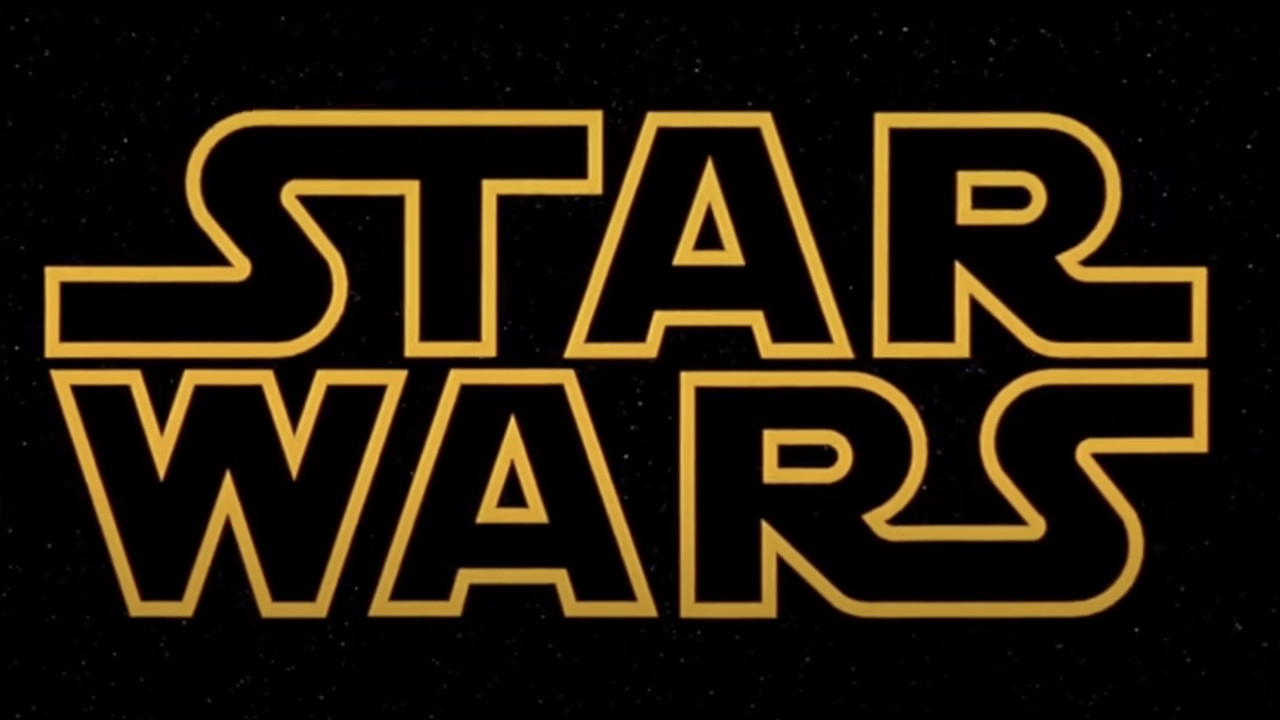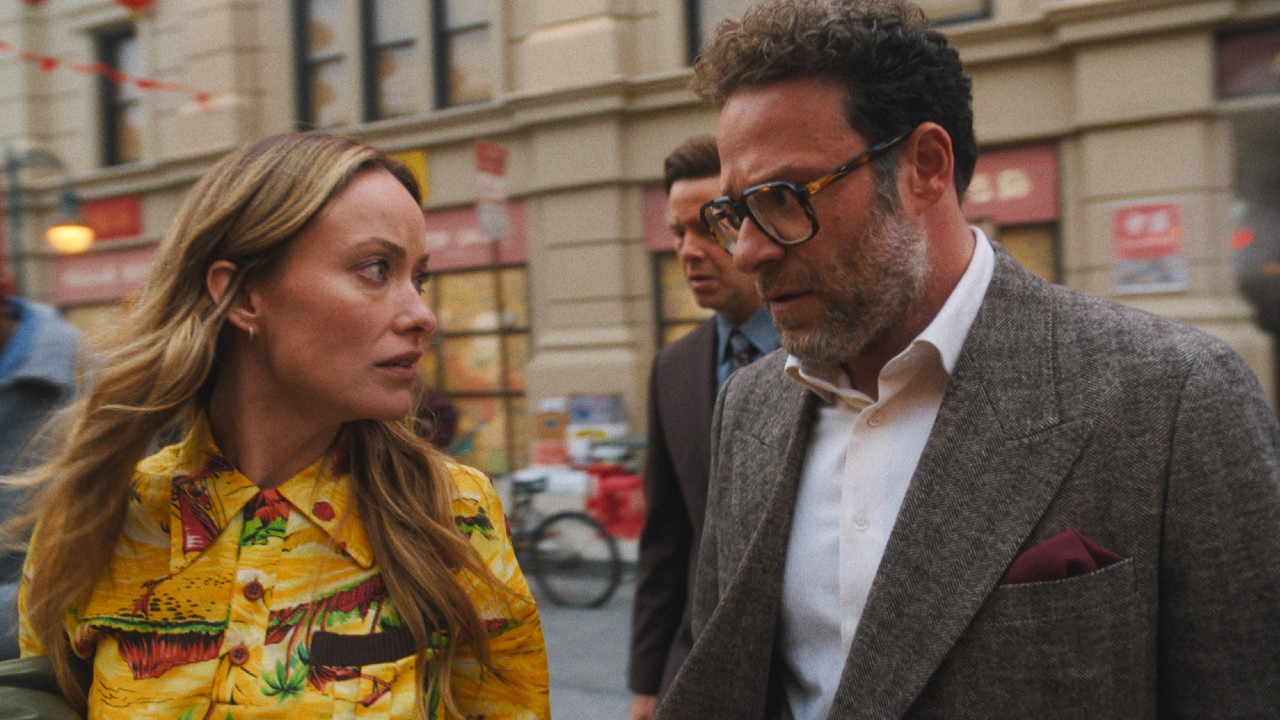Good Girls Ending Explained: Why Annie's Series Finale Fate Actually Makes Sense

Warning: MAJOR SPOILERS AHEAD for the series finale of Good Girls on NBC.
The fourth and final season of Good Girls came to an end with a finale that really didn't feel like a finale for Beth, Annie, and Ruby, even if it did deliver the payoff of Beth ending up in charge with Rio working under her. But when it comes to Annie, her ending feels more like the beginning of a juicy new story that would be continued in Season 5, back before the news of the show's unexpected cancellation. Annie was arrested, despite all signs pointing toward Beth being the one heading to the clink. I actually was confused about the Annie twist at first, but the breadcrumbs are there to explain her ending.
What Happened To Annie
In the second hour of the two-part series finale, Mick showed up at Beth's house, seemingly intending to kill her for flipping on Nick to the point that he wound up behind bars and had to exact his revenge from afar. So it seemed like an incredibly lucky break that Mick missed, leaving her with just a flesh wound and conveniently leaving his gun behind where evidence could be gathered from it.
But this is Good Girls, and of course there were no lucky breaks or convenient twists. It turned out that Nick arranged the whole thing not for Mick to kill Beth, but for Mick to shoot her to draw the attention of the authorities, leave the gun for them to find, and let them find the prints on the gun, because it was actually the gun that killed Lucy.
So why did the cops come for Annie rather than Beth, when Beth had every reason to believe that her own prints were on the gun? And what were Dave and Phoebe talking about with the "sibling rivalry" exchange? Honestly, if not for the expression on Mae Whitman's face as Annie slowly realized what was happening, I wouldn't have had an inkling that Annie was the one in trouble, with how fast things were moving in the final minutes.
Why Annie Getting Arrested Makes Sense
The answer to all of those questions lies not in either half of the series finale, but in the Season 4 premiere. All the way back in the first episode of Season 4, which aired in early March, Annie had an emotional car conversation with Mick, telling him that Beth is "a really good mom" and "it really shouldn't be her prints on that gun."
Although she didn't come right out and say it in that scene, the implication was that Annie wanted Mick to take her prints and put them on the gun that killed Lucy, so that Annie would be the one to go to jail rather than Beth if Rio turned the gun into the authorities.
CINEMABLEND NEWSLETTER
Your Daily Blend of Entertainment News
To Good Girls' credit, the finale didn't spoil the twist of the gun coming back into play by including that scene in a "Previously On" recap at the beginning of either hour, but that also meant that a lot of viewers might be in the dark by the end as to why Annie rather than Beth was the one in trouble.
And based on Dave and Phoebe's conversation when Phoebe handed him a file full of what seemed to be a lot of dirt on the gun, Annie might be on the hook for way more than Lucy's death:
Phoebe: Her prints are all over it.Dave: Sibling rivalry?Phoebe: Way more than that. Not the only time it was used.Dave: Jesus.
So, the finale ended with Beth on top, Ruby seemingly choosing to support Beth over joining her family in Nevada, and Annie behind bars. Annie's ending was the one that made the least sense to me on first watch, so I'm glad that there are dots to connect. Of course, I'm sure there are plenty of Good Girls viewers who immediately knew what had happened. Still, I think there's something that many of us can agree on, whether or not we knew right away why Annie was arrested: it's a shame that Good Girls was cancelled, especially since it is pretty unlikely to return.
You can always revisit the earlier days of Good Girls with the first three seasons streaming on Netflix, and the last several episodes of Season 4 will be available streaming on Hulu. If you're now in the market for some new viewing options, check out our 2021 summer TV premiere schedule.
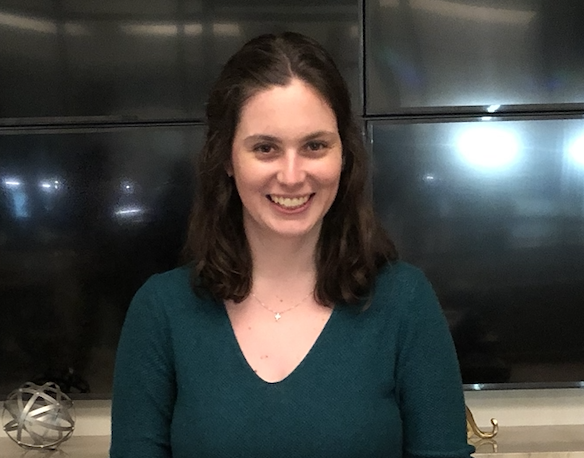
Laura turned a lifelong love of television into a valid reason to write and think about TV on a daily basis. She's not a doctor, lawyer, or detective, but watches a lot of them in primetime. CinemaBlend's resident expert and interviewer for One Chicago, the galaxy far, far away, and a variety of other primetime television. Will not time travel and can cite multiple TV shows to explain why. She does, however, want to believe that she can sneak references to The X-Files into daily conversation (and author bios).
